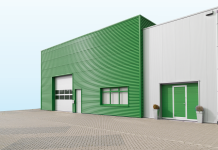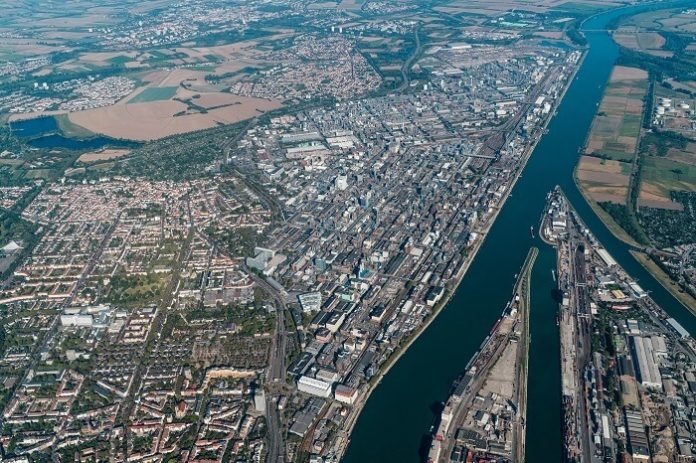BASF is investing a mid-double-digit million-euro amount to build a new alcoholates plant at its Ludwigshafen site in Germany.
The plant will produce sodium methylate and potassium methylate. These are two essential chemicals widely used in biodiesel production, pharmaceuticals, and agricultural applications.
It will replace the existing production unit with a modern facility and plans to begin operations in the second half of 2027.
Strengthening BASF’s Commitment to Ludwigshafen
Dr. Katja Scharpwinkel, a member of BASF’s Board of Executive Directors and Director of the Ludwigshafen site stated, “This investment underscores BASF’s strong commitment to the Ludwigshafen site. By building advanced production facilities, we are driving the transformation of the site and enhancing our competitiveness in a global market. This is how we put our ‘Winning Ways’ strategy into action and create long-term value for our company’s headquarters.”
Enhancing Global Supply and Reliability
BASF aims to maintain its position as a reliable supplier of alcoholates through this investment.
Dr. Ramkumar Dhruva, President of the Monomers division highlighted, “Various industries in Europe and around the globe rely on the high-quality alcoholates we produce in Ludwigshafen. We are investing in an efficient, Verbund-integrated, and future-oriented production process to ensure we meet our customers’ needs in the years to come.”
Expanding Global Alcoholates Production
The new plant in Ludwigshafen complements BASF’s recent expansion of its sodium methylate production facility in Guaratinguetá, Brazil.
With these investments, BASF continues to strengthen its global alcoholates supply chain and meet rising demand across multiple industries.
Supporting Key Industries and Sustainability Goals
Alcoholates play a crucial role as catalysts and reactants in various industries. They are especially important in biodiesel production. Additionally, they are used in pharmaceutical and agricultural applications.
According to the press release, the investment supports the growing market for life science products. It also meets the increasing demand for biodiesel. This move reinforces BASF’s commitment to sustainable solutions.
































